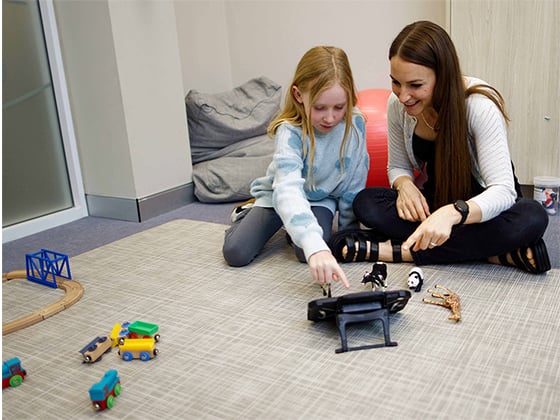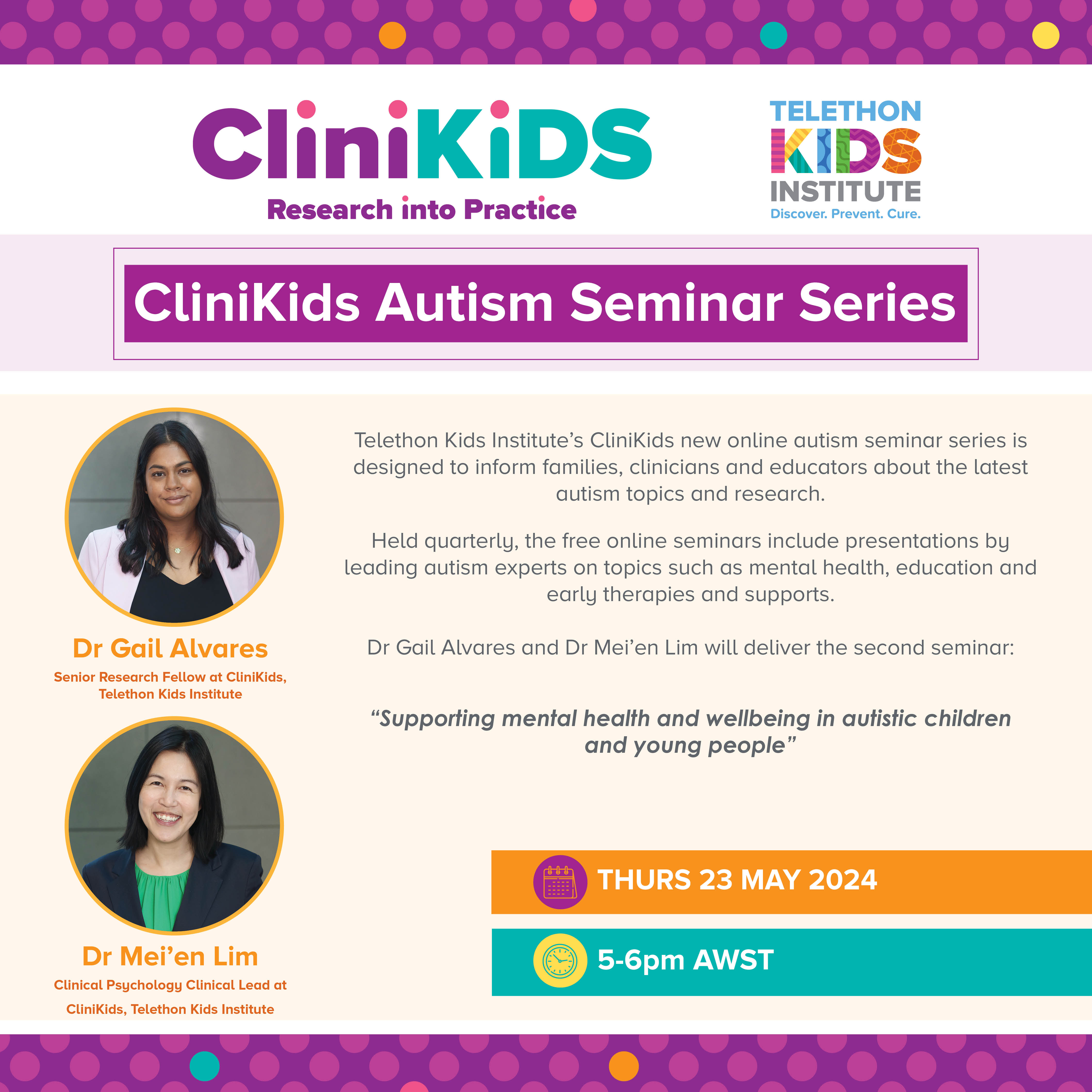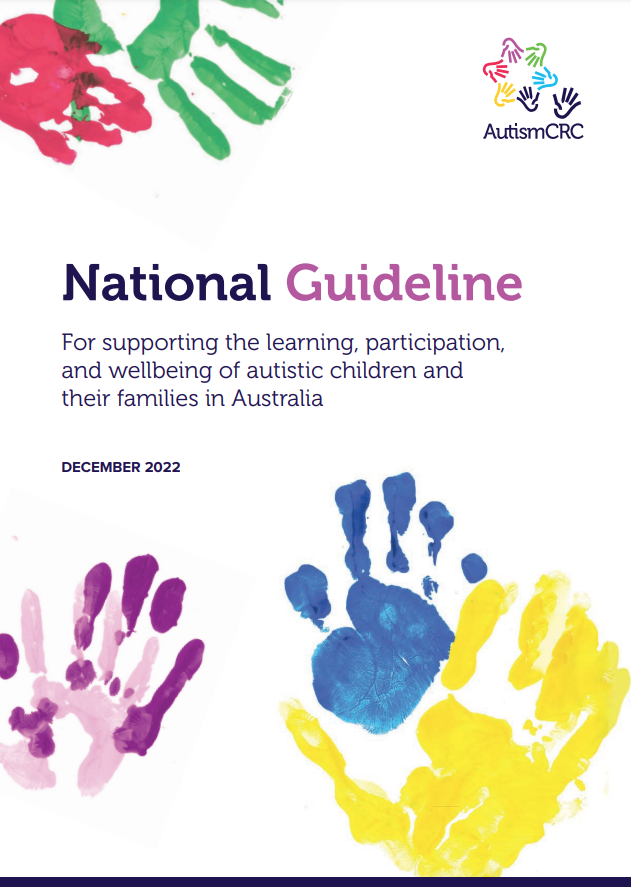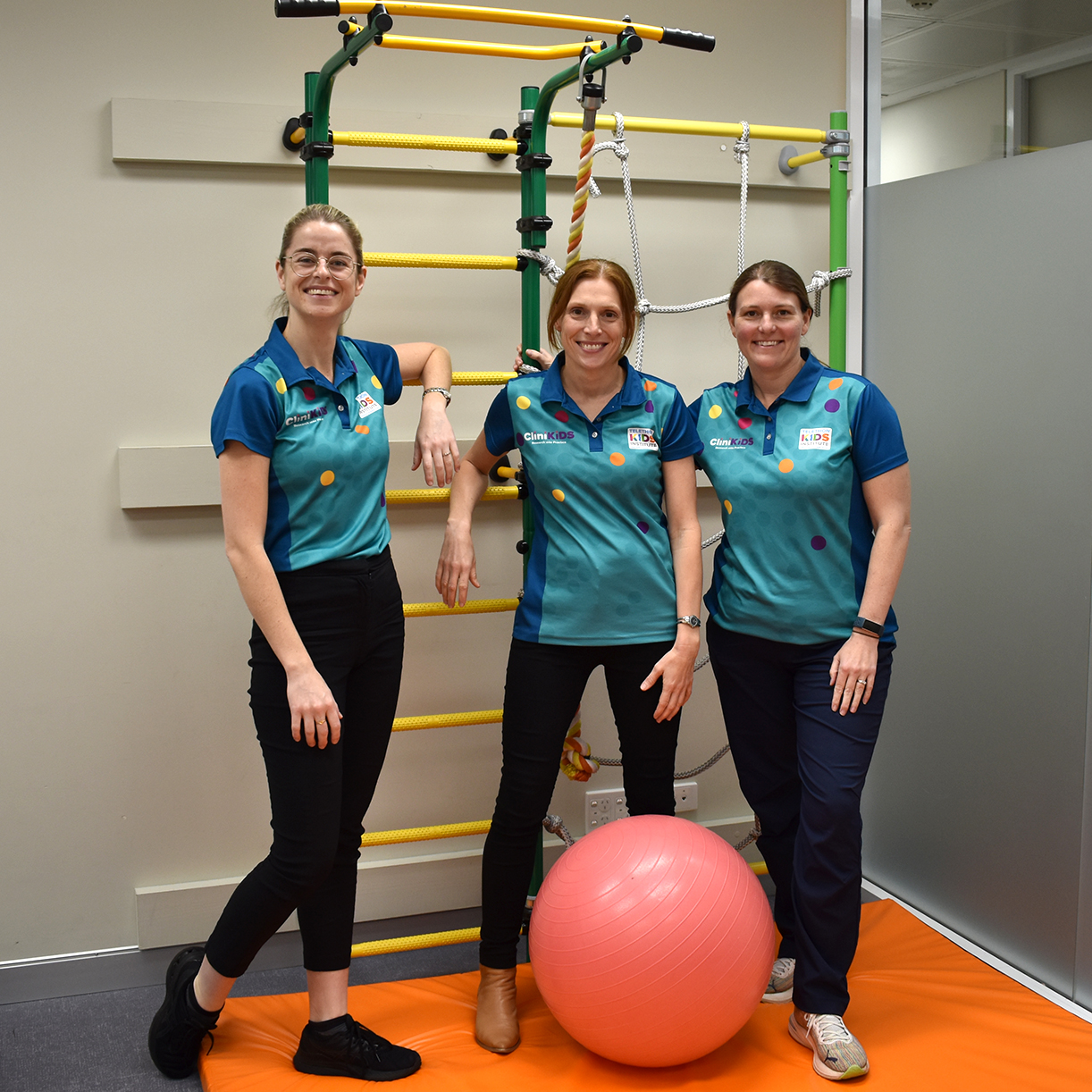Search


News & Events
Frangipani Family Day 2025Frangipani Family Day is a free community event for young neurodiverse children and their families in WA.

News & Events
Clinic news update - December 2024There is lots of news to report from the clinic including holiday shutdown dates, staff updates and service availability.

News & Events
Mental health seminarHere you will find follow up information from our autism seminar on mental health and autism.

News & Events
Supporting autistic children guideline - short courseCliniKids has partnered with Autism CRC to deliver an online self-paced short course which explores the Recommendations included within the National Guideline for supporting the learning, participation, and wellbeing of autistic children and their families in Australia.
News & Events
Clinic update - December 2023There is lots of news to report from the clinic including holiday shutdown dates, appointment scheduling, staff updates, changes to creche, and service availability.

News & Events
PACT now available via telehealthPaediatric Autism Communication Therapy is now available at CliniKids via telehealth.

News & Events
Introducing the CliniKids Autism Seminar Series!The Kids Research Institute Australia’s CliniKids is excited to introduce an online autism seminar series in 2024, designed to inform families, clinicians and educators about the latest autism topics and research.

News & Events
OTs and their toolsFor Occupational Therapy Week, we asked our OTs to share their favourite resource and how they like to use it.

News & Events
Service agreementsWe are currently working through several clinical audits to ensure that we are meeting our service delivery standards and governance requirements. As part of this, we have audited our Service Agreements to ensure that we have a signed agreement on file for all our clients. This agreement is an NDIS
